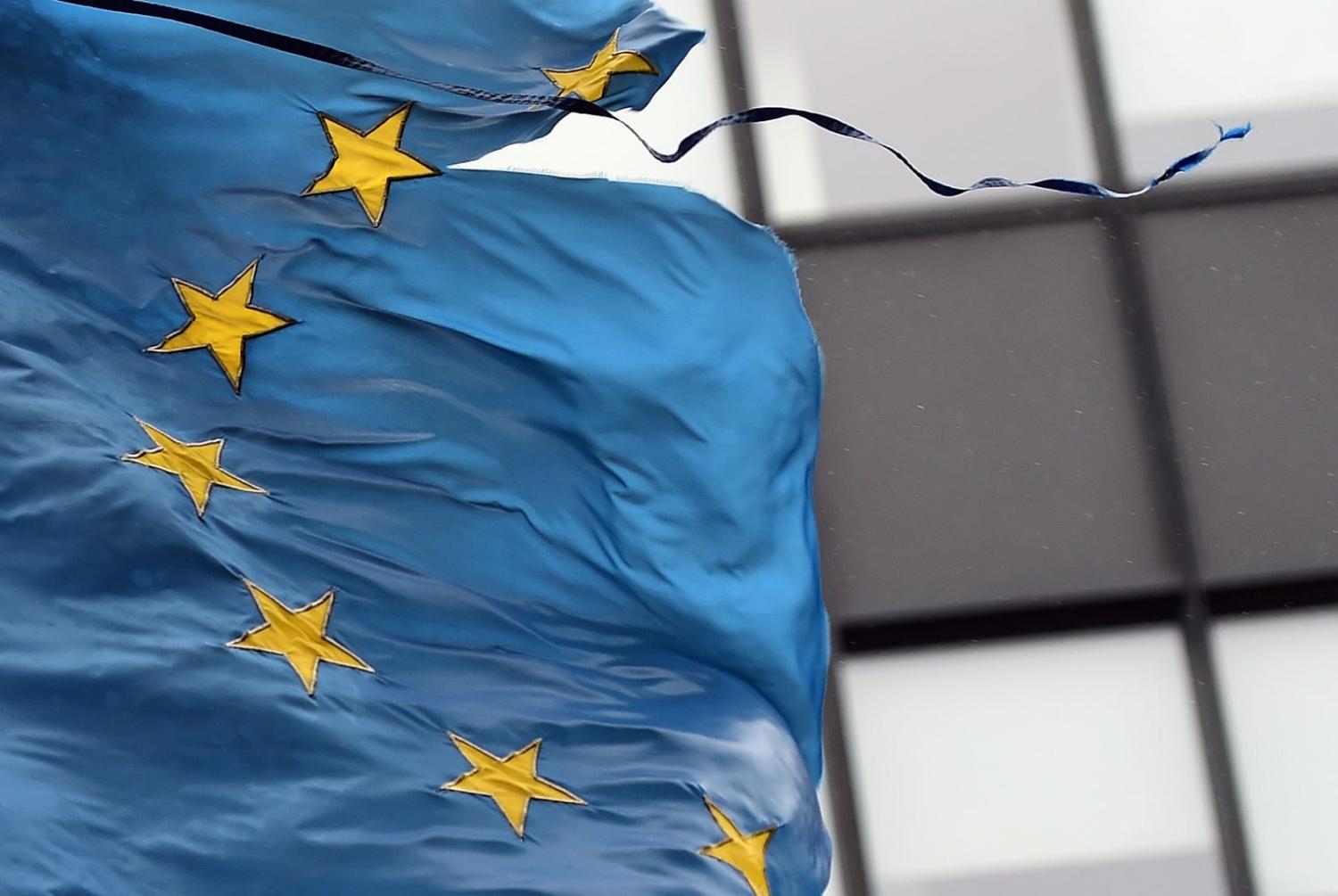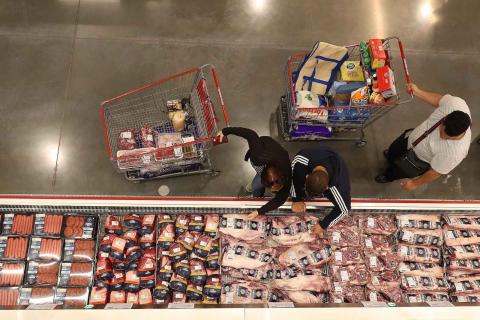The unsurprising announcement came overnight by Trade Minister Don Farrell that Australia has decided to walk away from negotiations on free trade agreement with the European Union.
While the Australian public attention has barely focused on the talks for most of the past five years since negotiations first got underway, it’s been clear all along that successfully concluding a deal would be exceptionally difficult.
Agriculture has been at the heart of the negotiations. Both sides knew that getting an agreement in this sector would be the central element of the overall package.
Following the tried-and-true negotiating method, officials have focused for much of the past five years on building up the overall deal in the hope of developing a range of potential benefits and sufficient political momentum to ultimately enable both sides to find the common ground needed to strike a deal on agriculture as the final part of the package.
That approach appears to have almost succeeded, with reports suggesting that even in difficult areas such as geographic indications and government procurement, the dimensions of a deal were visible.
Until it wasn’t.
The apparent failure of the negotiations at this late stage suggests that the gap between the parties on agriculture market access is very significant and cannot be bridged in the current circumstances.
For Australia, launching FTA negotiations with the EU was a leap of faith. The two sides have a long – and largely miserable – bilateral trade relationship history because of fundamental differences on the approach to the agriculture sector.
The Australian agriculture sector still harbours deep resentment toward the EU over the extraordinarily restrictive measures which the EU applied to Australian agriculture exports at the time of the decision by the United Kingdom to join the then European Common Market.
Those restrictions made Australian agriculture exports to the EU – of key products such as beef and sugar in particular – marginal at best and largely not commercially viable.
There was some hope when talks began that the EU had changed its stripes and that a bilateral FTA could be achieved, setting up the two sides for a new era of trade and investment – a deal that put to bed the unfairness of those 1970s access arrangements for agriculture and opened the way for a new generation of growth built on less contentious areas such as investment, trade in services and critical minerals.
At this stage, those hopes appear to have been dashed. For all the talk in Brussels and Strasbourg in recent years of the EU assuming a global leadership role on trade reform, and of its wish to partner with Australia to strengthen the global trade rules system, the hard truth is that the EU’s agriculture blind spot has not gone away and this remains a block on the development of that partnership.
The EU’s recent FTA history – with Latin America in particular as well New Zealand and Indonesia – underscores the extent to which it remains highly protectionist on agriculture, reflecting baked-in policy positions in key member states, most notably France, Italy and Spain.
The path forward from here is unclear. Farrell has stated that negotiations will continue and he hopes a deal can be settled “one day”. This would seem to signal a willingness to keep talking but not much more. If he is expecting the EU to respond with a markedly improved agriculture market access offer, he can expect to be disappointed. Like all major economies, the EU will see itself as having an advantage over Australia in terms of leverage – it has less to gain than Australia from a deal – and will not feel compelled to move.
The favourable terms of Australia’s FTA with the United Kingdom, which displaced EU product in some areas, has no doubt been a factor in reinforcing the EU’s intransigence. This combination of factors would seem to rule out a last-ditch effort to conclude this year.
The alternative is that Australia will need to re-engage with a new European Commission and European Parliament, both of which are due to take office after elections in 2024, and that means sometime late next year at the earliest. But given the prospect of a return to greater economic nationalism in the United States in late 2024, it is difficult to be optimistic about a shift in EU trade policy that would make a deal with Australia more feasible at that time than it is now.

